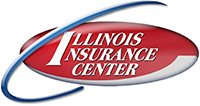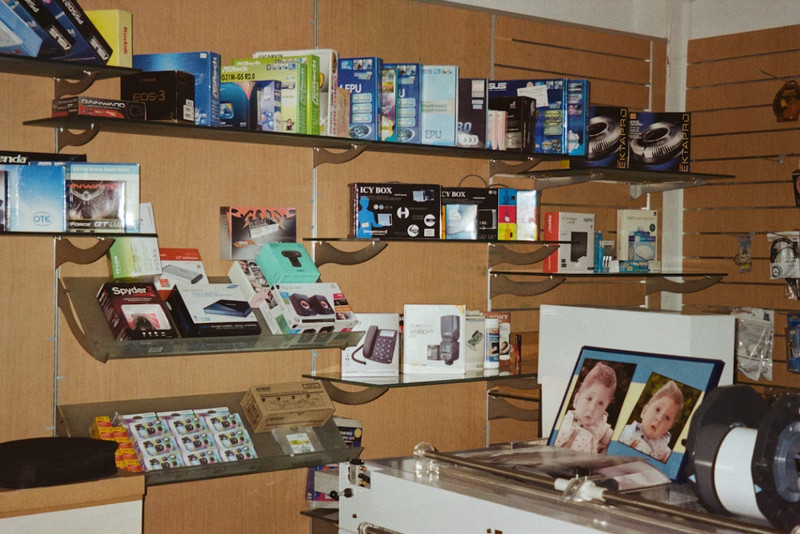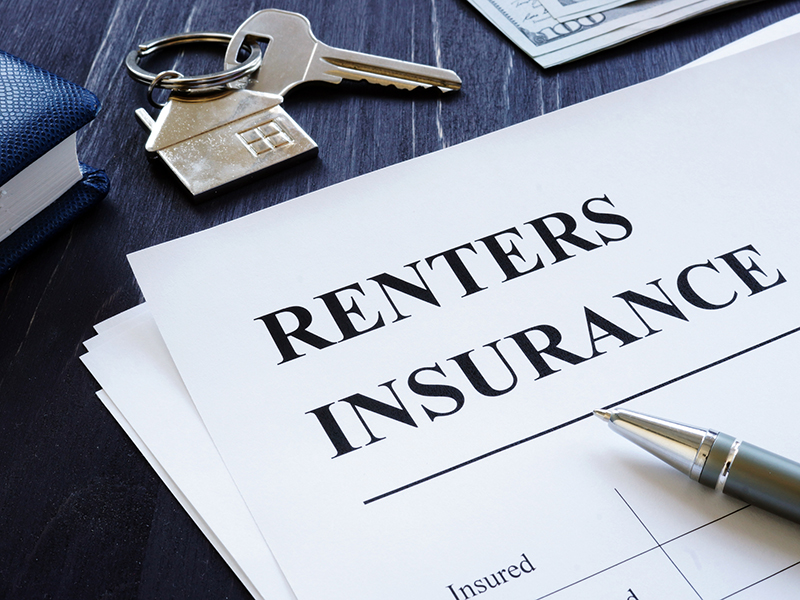Let’s have a quick chat, just like we would if you walked into our office here at Illinois Insurance Center. You sell products—maybe in a store, maybe online—and you do your best to run a tight operation. But let me ask you this: are you doing everything you can to limit product liability claims?
That phrase—limit product liability claims—might sound like legal talk, but it really just means protecting your business from being held responsible when something you sell causes harm. Whether you’re in Chicago, Naperville, or even out in Rockford, if you sell a product that injures someone or makes them sick, you could end up on the hook for damages.
That’s where we step in. At Illinois Insurance Center, we help business owners find affordable ways to lower their risks and stay protected. While insurance is a must, you’ve got to combine it with the right safety steps. Let’s break it down in plain English.
What Is Product Liability—and Why Should Retailers Care?
If someone gets hurt using a product you sold, even if you didn’t make it, you can still be named in a lawsuit. That’s the risk of being a retailer. From minor injuries to serious claims, you need to take steps to limit product liability claims and protect your business.
We’ve helped many clients in places like Aurora, IL—click here to see how we can help your area too.
1. Follow Safety Rules and Government Guidelines
One of the smartest ways to limit product liability claims is by simply following the rules.
✅ Stick to state and federal regulations. Every industry has safety rules. If you sell food, electronics, chemicals—whatever it may be—there are probably storage, labeling, or handling laws that apply.
✅ Avoid shortcuts. If the law says frozen food must stay under 0°F and you keep it at 10°F, you might face a lawsuit if someone gets sick. And trust me, inspectors don’t miss these details.
Following safety laws also improves your chances of staying covered by your business insurance. We help business owners in all types of industries, even those needing contractor insurance.
2. Use Clear Instructions and Warning Labels
Ever bought something and thought, “How the heck do I use this?” That’s a lawsuit waiting to happen.
✅ Give detailed instructions. Make sure everything you sell comes with instructions that are easy to understand. If something is even a little tricky to use, explain it step-by-step.
✅ Include warnings where needed. If there’s a risk—like a toy having small parts, or a supplement having side effects—you need to put it in writing, right on the label. No warning? That could cost you.
Retailers in Naperville, IL have turned to us for coverage that helps protect against these exact issues. Learn more here.
3. Watch Out for Imported Products
Now, let’s talk about something that surprises a lot of store owners. If you sell imported products, and something goes wrong, the law might treat you like the manufacturer. Yep, even if the item was made halfway around the world.
✅ Test and inspect before you sell. Don’t just assume the item is safe. Check it out first—especially if you don’t know the foreign company well.
✅ Get clear documentation. You need to know where the product came from, what it contains, and what standards it meets.
✅ Add instructions in your customers’ language. That reduces confusion—and risk.
This is a smart step for retailers anywhere, including those needing insurance in Chicago, IL—click here for details.
4. Work Closely With Your Suppliers
Many retailers don’t make the stuff they sell. So it’s important to know who your suppliers are and to protect yourself from their mistakes.
✅ Check your supplier’s insurance. You need to know they’re covered. Ask for proof of insurance before you start selling their goods.
✅ Get named on their policy. This is called being an “additional insured.” If something goes wrong, it adds another layer of protection for you.
✅ Use a hold harmless agreement. This is a simple contract that says if the supplier messes up, they’re responsible for any damage or injury.
✅ Keep good records. Always keep specs, instructions, and safety documents on file for every product you carry.
Whether you run a chain or a single shop, these steps help limit product liability claims—and we’ve seen the benefits with our clients needing insurance in Joliet, IL—see more here.
5. Pay Attention to Customer Complaints
No one likes to hear complaints, but those messages could save you from a much bigger problem later.
✅ Set up a system. Track customer calls, emails, reviews—anywhere people share product concerns. It can be as simple as a spreadsheet or a shared inbox.
✅ Take all complaints seriously. Even if something seems silly, don’t ignore it. One strange comment today might become a full-blown lawsuit tomorrow.
✅ Respond and take action. If you notice a pattern—like customers saying a bottle leaks or a charger sparks—stop selling it and check things out.
This helps prevent more injuries and shows your insurance company that you’re doing your part to avoid risks. It’s what we recommend to businesses across Illinois, even those with life insurance or homeowners insurance.
6. Use Inventory Tracking and Product Recall Tools
Let’s say you find out a product you sold last month is dangerous. If you don’t know where that product went, you’re in trouble.
✅ Use a tracking system. Whether it’s barcode scanning or a digital inventory log, keep track of every product batch.
✅ Be ready to recall. If there’s a defect, know how to reach your customers. A fast response could prevent a lawsuit.
We often help businesses with these risks, especially ones with delivery vehicles needing commercial auto insurance.
Our clients in Rockford, IL have used this system to stay ahead of claims—read more here.
Frequently Asked Questions
1. What is product liability?
It’s the legal responsibility for selling a product that ends up hurting someone.
2. Can a retailer be sued for a manufacturer’s mistake?
Yes. If you sold the product, you can be named in the claim.
3. How do I limit product liability claims?
By following safety rules, inspecting products, using clear labels, and having proper insurance.
4. What’s a hold harmless agreement?
It’s a contract that protects you if a supplier’s product causes harm.
5. Why do I need to track my products?
So you can recall them quickly if needed and limit any harm.
6. What if the product is imported?
You could be treated as the manufacturer, so inspect it carefully and get proper documentation.
7. What kind of insurance helps cover product claims?
Business liability insurance. We can build a custom plan to fit your store.
8. Should I take every customer complaint seriously?
Yes. It could help you catch a problem early before it leads to a claim.
9. Can I be added to my supplier’s insurance?
Yes, and we recommend it. It adds extra protection for your business.
10. How do I get started with product liability insurance?
Call us at 708-524-4900 or use our contact page to talk with a licensed agent.
Final Thoughts: Protect Your Store and Limit Product Liability Claims
Every product you sell carries some risk. But that doesn’t mean you have to live in fear of lawsuits. By taking these basic steps, you can limit product liability claims and run your business with peace of mind.
We know you’ve got enough on your plate. That’s why Illinois Insurance Center is here—to make insurance simple and affordable for retailers like you. Whether you’re in Chicago, Aurora, or anywhere else in Illinois, we’ve got your back.
Ready to talk? Call us at 708-524-4900 or visit our contact page today. We’ll go over your current coverage and help you find ways to protect your business without spending a fortune.
Let’s keep it simple. Let’s keep you covered.
See Also:
- Affordable Term Life Insurance in Illinois: Simple Policies at Low Rates
- Car Insurance During Winter: Snow, Ice, and Midwest Road Hazards
- Cheap Car Insurance in Chicago
- Shop Instant and Affordable Car Insurance Online: Fast Illinois Auto Rate Quotes
- Affordable Health Insurance Options in Illinois: Find Coverage Online with a Local Agent





